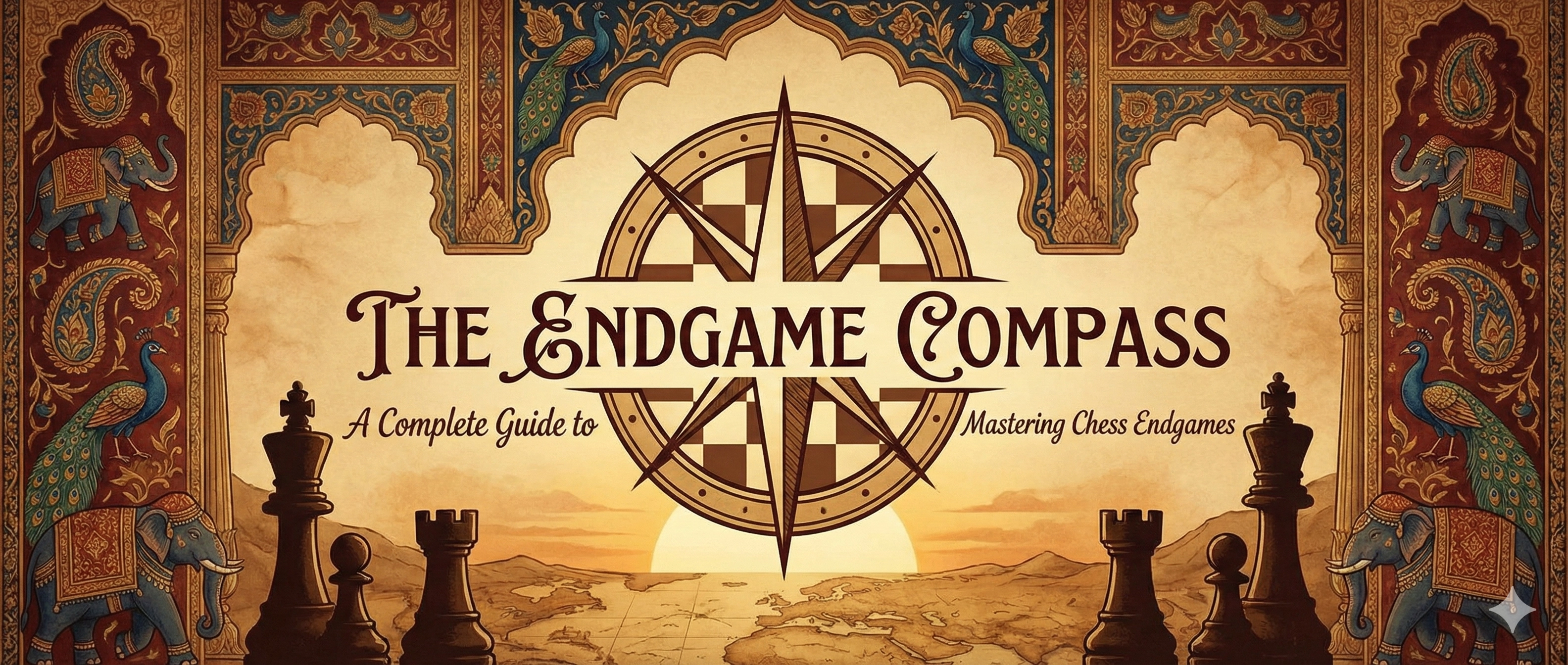The Trinity Grade 8 Guitar Exam is more than a test, it’s a statement of mastery. At this stage, you are not just a guitarist, but a performer capable of expressing musical ideas with clarity, control, and emotional depth. Grade 8 is the highest level in the Trinity College London guitar syllabus and represents years of commitment, technical discipline, and creative growth.
Reaching this point means you’ve journeyed through each grade, refining technique, musicality, theory, and performance confidence. The Grade 8 stage challenges you to play like a professional musician, preparing you for advanced performance diplomas or even a career in music.
Let’s explore what makes this level special, what skills you’ll need, how to prepare, and how Enthuziastic’s expert-led courses can help you succeed.
- Understanding Grade 8 - The Pinnacle of Guitar Learning
- Goals of Grade 8
- What You’ll Learn in Grade 8
- Practice Strategies for Grade 8 Success
- Common Challenges and How to Overcome Them
- Why Grade 8 Matters
- How Enthuziastic Helps You Succeed
- Conclusion
- FAQs
- 1. What is the Trinity Grade 8 Guitar Exam?
- 2. Who can take the Grade 8 exam?
- 3. What kind of pieces are included in Grade 8?
- 4. How long does it take to prepare for Grade 8?
- 5. What are the main techniques required for Grade 8?
- 6. Does Enthuziastic offer training for Grade 8?
- 7. Do I need to know music theory for Grade 8?
- 8. Can Grade 8 help me pursue a music career?
- 9. What are common mistakes students make at this level?
- 10. How can I start preparing for Trinity Grade 8 with Enthuziastic?
Understanding Grade 8 - The Pinnacle of Guitar Learning
Grade 8 tests every aspect of your guitar playing. You are expected to demonstrate virtuoso-level technique, musical maturity, and personal interpretation. The focus is no longer just on accuracy, but on expression, stylistic awareness, and command of tone.
At this level, you’ll learn to perform complex classical or contemporary pieces that demand technical mastery, including:
Advanced chord voicings and arpeggios
Intricate fingerpicking patterns and tremolo techniques
Complex time signatures and tempo changes
Mastery of dynamics, articulation, and phrasing
Improvisation and stylistic understanding across genres
Grade 8 is where you start playing like an artist, not a student.
Goals of Grade 8
By the end of this level, learners should aim to:
Develop full command of tone, texture, and phrasing
Interpret music with emotional depth and stylistic accuracy
Build a repertoire of advanced compositions suitable for performance and competition
Strengthen sight-reading and aural recognition at a professional level
Achieve fluency in music theory and harmony for self-expression and improvisation
What You’ll Learn in Grade 8
1. Advanced Technical Development
At Grade 8, every technical exercise is designed to challenge precision and endurance. You’ll work on:
Scale mastery: Major, harmonic minor, melodic minor, and modal variations across multiple positions
Advanced arpeggios and legato: Smooth transitions and wide interval jumps
Barre strength and sustain: Playing full barre chords cleanly with tonal control
Speed and clarity: Developing fluid runs at high tempos without compromising expression
The focus is not just on speed, but on achieving clarity, tone, and character in every note.
2. Repertoire and Performance
The Trinity Grade 8 repertoire offers a diverse range of genres, from classical and flamenco to contemporary and jazz. Some examples include:
Recuerdos de la Alhambra by Francisco Tárrega
Asturias (Leyenda) by Isaac Albéniz
Cavatina by Stanley Myers
Canon Rock by Jerry C
Blue Bossa (jazz interpretation)
Each piece tests different aspects of performance: tonal variation, rhythm control, emotional connection, and personal style.
At this stage, learners should focus on storytelling through music - communicating emotion rather than simply playing notes.
3. Music Theory and Aural Mastery
At this level, theory knowledge is critical. Students must be fluent in:
Key modulation, secondary dominants, and chromatic harmony
Extended chords and jazz voicings
Sight-reading in complex meters
Interval and chord identification by ear
These concepts allow you to not only perform, but also analyze and interpret music intelligently.
4. Improvisation and Composition
Grade 8 encourages students to bring their creativity forward. Improvisation becomes an essential skill. You’ll learn to:
Build solos based on modes, arpeggios, and scales
Experiment with rhythm, phrasing, and texture
Compose short melodic themes or variations
This freedom transforms you from a technical player into a true musician capable of innovation and personal expression.
Buy Grade 8 Classical Guitar Book

Image Credits: Trinity College London
Practice Strategies for Grade 8 Success
Reaching Grade 8 demands structure, discipline, and patience. Here are recommended practice strategies:
1. Structured Routine
Divide practice into clear sections:
20 mins technique (scales, arpeggios, tone control)
30 mins repertoire (piece analysis and phrasing)
20 mins theory and ear training
15 mins improvisation and sight-reading
This balance ensures consistent growth without burnout.
2. Focus on Expression
Record yourself regularly. Listen for tone balance, phrasing, and dynamics. Practice performing in front of friends or family to simulate the stage environment.
3. Master Stage Confidence
Grade 8 exams include a high-performance expectation. Stage confidence is as important as accuracy.
Practice walking on stage, setting your posture, and breathing calmly before playing.
4. Seek Feedback
Learn under guidance. Having an experienced teacher helps identify subtle issues in timing, tone, or musical interpretation that self-practice might miss.
Common Challenges and How to Overcome Them
Challenge | Solution |
|---|---|
Maintaining clarity during complex runs | Slow down and build tempo gradually, focusing on finger synchronization |
Tone control during long pieces | Practice with dynamics variation, work on finger pressure consistency |
Nerves during performance | Simulate exam conditions and perform in front of small audiences |
Musical interpretation | Listen to multiple recordings of your exam pieces to understand stylistic nuances |
Fatigue in long sessions | Incorporate hand-stretching and micro-breaks into your routine |
Why Grade 8 Matters
Completing Grade 8 is a prestigious achievement that demonstrates professional-level musicianship. It opens doors to:
Trinity performance diplomas (ATCL, LTCL)
Music college admissions or scholarship opportunities
Professional performance, recording, or teaching pathways
It’s also a deeply personal milestone, representing years of effort, creativity, and self-expression.
How Enthuziastic Helps You Succeed
At Enthuziastic, we’ve designed specialized Trinity Guitar Exam courses to guide you through every stage of your journey, from your first chord at the beginner level to mastering Grade 8 performance.
Our live online classes combine expert mentoring, feedback, and motivation. You’ll receive:
Personalized guidance from Trinity-certified teachers
Performance coaching and mock exams
Flexible scheduling for both kids and adults
Access to recordings, feedback sessions, and progress tracking
You can book a free trial session to experience the difference and start preparing with confidence.
Conclusion
Reaching Grade 8 is not just about playing advanced music, it’s about mastering your art. Every note becomes part of your story, every performance a reflection of your dedication.
Whether you aim to perform on stage, teach others, or simply enjoy music at its finest, Grade 8 marks the beginning of your professional musical identity. With consistent practice and expert guidance, your guitar journey becomes a lifelong source of joy and accomplishment.
FAQs
1. What is the Trinity Grade 8 Guitar Exam?
The Trinity Grade 8 Guitar Exam is the highest level in the Trinity College London syllabus, designed to test a guitarist’s technical mastery, musical interpretation, and performance ability. It represents professional-level musicianship.
2. Who can take the Grade 8 exam?
Anyone who has completed earlier Trinity grades or has equivalent experience can attempt the Grade 8 exam. It’s suitable for both teens and adults with advanced playing skills and strong theoretical understanding.
3. What kind of pieces are included in Grade 8?
Grade 8 includes challenging classical, jazz, and contemporary compositions such as Recuerdos de la Alhambra, Asturias (Leyenda), and Cavatina. Learners can choose pieces that highlight their technique and personal style.
4. How long does it take to prepare for Grade 8?
Preparation time varies, but most learners take 8 to 12 months with consistent practice and expert guidance. Regular lessons, feedback, and structured routines make the process smoother.
5. What are the main techniques required for Grade 8?
Students must master advanced scales, arpeggios, barre chords, tremolo, legato runs, and dynamic control. Precision, tone balance, and expressive phrasing are key areas of focus.
6. Does Enthuziastic offer training for Grade 8?
Yes, Enthuziastic offers live online classes for Trinity Grade 8 preparation, led by experienced and Trinity-certified instructors. Learners receive personalized feedback, mock exams, and performance coaching.
7. Do I need to know music theory for Grade 8?
Absolutely. Grade 8 requires solid knowledge of harmony, modulation, advanced rhythm patterns, and aural skills to perform, analyze, and interpret music effectively.
8. Can Grade 8 help me pursue a music career?
Yes. Completing Grade 8 qualifies you for higher-level performance diplomas and professional opportunities in teaching, performing, or recording music.
9. What are common mistakes students make at this level?
Rushing through difficult passages, ignoring expression, and neglecting stage confidence are common pitfalls. The focus should be on control, tone, and emotional delivery.
10. How can I start preparing for Trinity Grade 8 with Enthuziastic?
You can begin by booking a free trial session with Enthuziastic to experience our personalized learning approach and structured Trinity Exam preparation program.






Comments